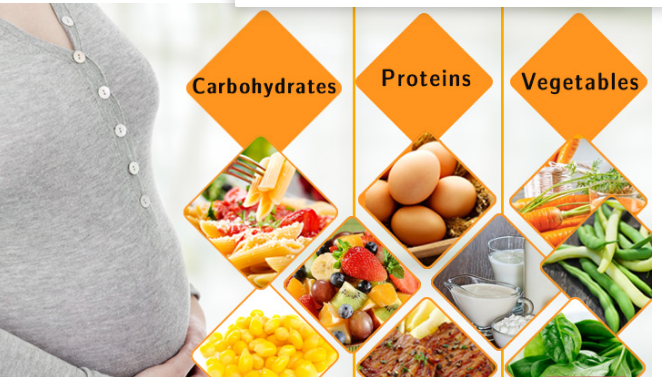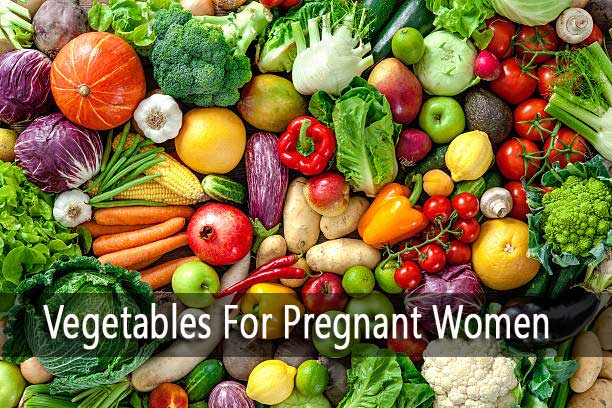Congratulations! You’ve reached the exciting second trimester, and your baby is in a growth spurt. This means their nutritional needs are increasing alongside their development. To keep both you and your little one thriving, prioritize a balanced diet packed with essential nutrients. But with so much advice out there, what exactly should be on your plate at 26 weeks pregnant?
This guide dives into the top food groups to focus on during this crucial stage, along with actionable tips and delicious recipe inspiration. Remember, this information is intended as a general guide, and consulting your doctor or a registered dietitian is always recommended to personalize your pregnancy diet.

6 Best Food For 26 Weeks Pregnant Women
Hydration Hero: Water and Juices
Water is the foundation of life, and during pregnancy, it’s even more critical. Amniotic fluid, your baby’s watery home, is largely composed of water. Proper hydration ensures this fluid cushions your baby comfortably and allows for essential movements. Dehydration can be dangerous, potentially affecting your baby’s kidney function.
How much water should you drink? Aim for at least eight glasses of water daily. Freshly squeezed fruit juices can also contribute to your fluid intake, but limit them due to their natural sugar content.
Tip: Infuse your water with slices of lemon, cucumber, or berries for a refreshing twist.
Building Strong Bones: Dairy Powerhouses
Calcium is a key player in building your baby’s strong bones and teeth. Dairy products like milk, yogurt, and cheese are excellent sources of this essential mineral.
- Focus on low-fat or fat-free options to keep your calorie intake in check. Don’t worry, you’ll still get the calcium benefits!
- Lactose intolerant? No problem! Opt for lactose-free milk, yogurt with live cultures, or calcium-fortified plant-based alternatives like almond milk or soy milk.
- Recipe Inspiration: Whip up a breakfast smoothie with yogurt, berries, and a splash of milk. Enjoy a protein-packed afternoon snack with a dollop of Greek yogurt and a sprinkle of granola.
Protein Powerhouses: Eggs and Lean Meats
Your growing baby needs protein for cell building and tissue development. Lean meats and eggs are excellent sources of high-quality protein.
- Lean meat choices: Skinless chicken breast, turkey breast, fish (especially salmon, rich in omega-3 fatty acids), and lean cuts of beef or pork.
- Eggcellent Eggs: These nutritional powerhouses are packed with protein, choline (important for brain development), and iron. Enjoy them hard-boiled, scrambled, or poached for a versatile protein source.
- Important Note: Ensure all meats are thoroughly cooked to an internal temperature of 160°F (71°C) to avoid any foodborne illnesses.
- Recipe Inspiration: Grill some chicken breasts or bake salmon for a quick and easy protein source. Scramble eggs with chopped vegetables for a complete and satisfying breakfast.
Energy Boosters: Filling Fruits and Complex Carbohydrates
Carbohydrates are your body’s primary source of energy, and during pregnancy, you’ll need a steady supply to fuel both you and your baby.
- Focus on complex carbohydrates: These provide sustained energy release, unlike simple carbohydrates found in sugary treats. Choose whole grains like brown rice, quinoa, whole-wheat bread, and sweet potatoes.
- Don’t forget the fruits! Packed with vitamins, minerals, and fiber, fruits are a delicious way to satisfy cravings and nourish your body.
- Fiber Fantastic: Fiber is crucial for healthy digestion, which can sometimes be a challenge during pregnancy. Fruits, vegetables, and whole grains are all excellent sources of fiber.
- Recipe Inspiration: Whip up a quinoa bowl with roasted vegetables and a protein source like grilled chicken. Enjoy a whole-wheat toast with mashed avocado and sliced tomatoes for a satisfying breakfast. Create a vibrant fruit salad for a refreshing and healthy snack.
Vitamin and Mineral Bonanza: A Rainbow of Vegetables

Vegetables are powerhouses of essential vitamins, minerals, and fiber. Aim for a variety of colors on your plate to ensure you’re getting a broad spectrum of nutrients.
- Leafy Green All-Stars: Don’t skip out on dark leafy greens like spinach, kale, and broccoli. They’re rich in folic acid, crucial for preventing neural tube defects in your baby.
- Iron for Energy: Include iron-rich vegetables like spinach, lentils, and beans in your diet. Iron helps transport oxygen throughout your body and to your baby.
- Vitamin C Power: Vegetables like bell peppers, oranges, and tomatoes are abundant in vitamin C, which supports your immune system and helps with iron absorption.
- Recipe Inspiration: Roast a colorful medley of vegetables for a simple and delicious side dish. Sauté spinach with garlic and olive oil for a quick and
- Recipe Inspiration (continued):
- Sauté spinach with garlic and olive oil for a quick and nutritious addition to pasta or rice.
- Blend a variety of vegetables into a refreshing and hydrating smoothie.
Don’t Forget the Healthy Fats: Avocados and Nuts
Healthy fats are essential for your baby’s brain development and nervous system function. Include these sources in moderation:
- Avocados: These creamy fruits are loaded with healthy monounsaturated fats, fiber, and essential vitamins. Enjoy them mashed on toast, blended into smoothies, or sliced in salads.
- Nuts and Seeds: Almonds, walnuts, chia seeds, and flaxseeds are all excellent sources of healthy fats, protein, and fiber. Sprinkle them on yogurt, oatmeal, or salads for added crunch and nutrition.
Important Note: Be mindful of portion sizes, as nuts and seeds are calorie-dense. Opt for unsalted or dry-roasted varieties for a healthier choice.
Embrace Variety and Listen to Your Body
While this guide highlights essential food groups, remember that a balanced and varied diet is key. Don’t be afraid to experiment with different flavors and textures to keep your meals interesting.
Cravings Got You Down? Cravings are a common part of pregnancy. If you’re yearning for something specific, indulge in moderation. However, prioritize healthy options whenever possible.
Listen to Your Body: Pay attention to how your body reacts to certain foods. If something causes heartburn, indigestion, or gas, avoid it or limit your intake.
Supplements: Filling the Gaps
Prenatal vitamins are recommended by doctors to ensure you and your baby receive essential nutrients that may be difficult to obtain solely from diet. Discuss your specific needs with your doctor to determine the right prenatal vitamin for you.
Beyond Food: A Well-Rounded Approach to Pregnancy Nutrition
- Small and Frequent Meals: Opt for smaller, more frequent meals throughout the day to avoid feeling overly full or experiencing heartburn.
- Planning is Key: Planning meals and snacks in advance can help you make healthy choices and avoid unhealthy temptations.
- Stay Active: Regular exercise, with your doctor’s approval, can improve your overall health and well-being during pregnancy.
Remember: The information provided is intended for general knowledge and shouldn’t replace personalized advice from your doctor or registered dietitian. With a focus on a balanced diet, proper hydration, and consulting your healthcare professional, you can nourish your body and nurture your baby’s healthy development throughout your pregnancy journey.
